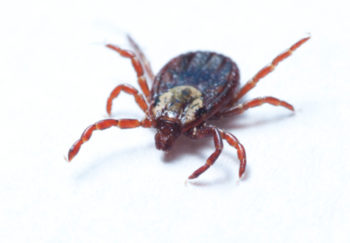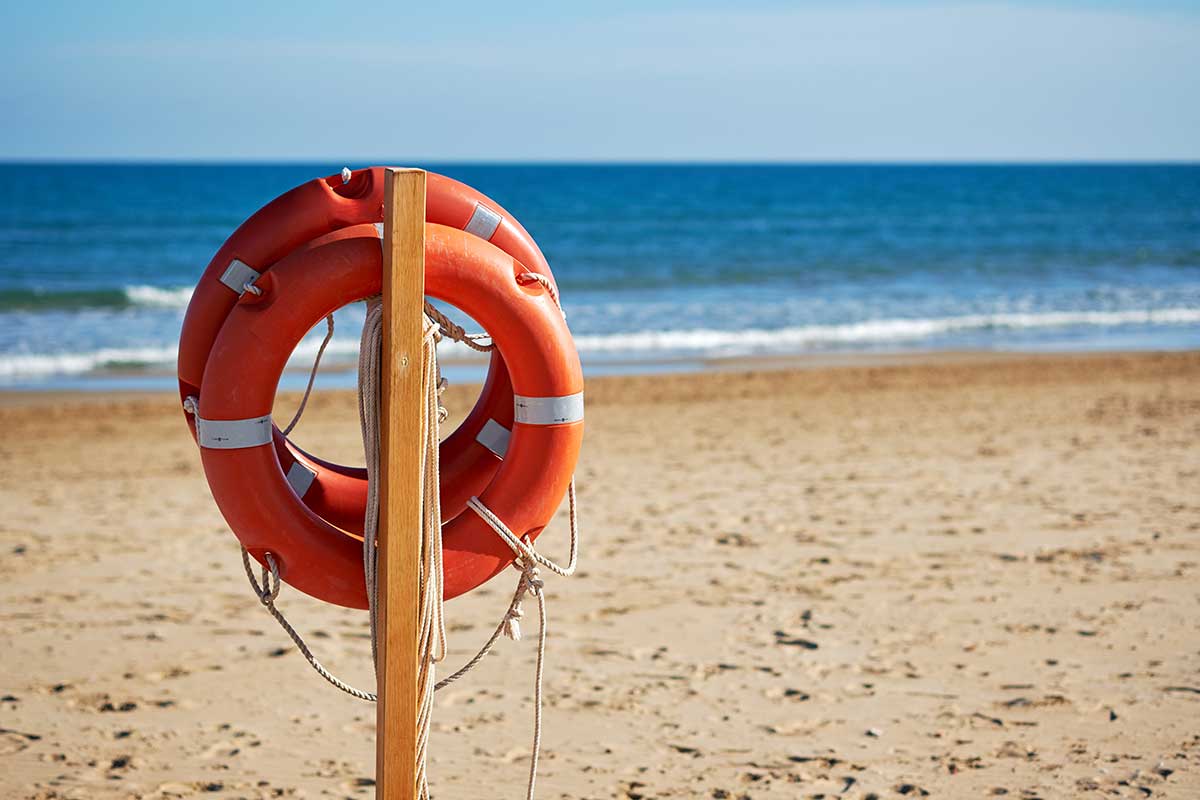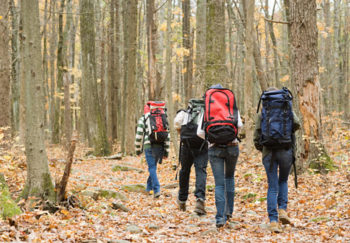
You probably know someone who’s had Lyme disease. But every year, Virginia residents are diagnosed with two other tick-borne illnesses: Rocky Mountain spotted fever and ehrlichiosis.
 It’s summer time, and some of you welcome the extra sunlight. You’re thrilled to head to the pool and sleep in a hammock. Some of you, on the other hand, don’t feel excited at all. Sunburns, tick bites, fireworks, drowning, dehydration — to you, summer in Virginia poses tons of threats. You’re worried about how to keep summer safe.
It’s summer time, and some of you welcome the extra sunlight. You’re thrilled to head to the pool and sleep in a hammock. Some of you, on the other hand, don’t feel excited at all. Sunburns, tick bites, fireworks, drowning, dehydration — to you, summer in Virginia poses tons of threats. You’re worried about how to keep summer safe.
Whether your lemonade glass if half full or half empty, we’ve got the hot tips you need to keep you and your family healthy.
Our UVA Health experts have weighed in on all kinds of safety issues that crop up during the summer. You can think of these dangers as:
Summer brings out magnolias and roses, but it also ushers in a time of ticks, snakes, and spiders. We cover all you need to know to avoid nasty run-ins during your next outdoor adventure.
You’ll also want to make sure you’ve prepped your family on water safety. When you’re out on a kayak, swimming in local creeks and lakes, or floating in the pool, you’ll want to stay alert and be prepared for natural dangers.
Heat, humidity, and sun define our region’s summer. Make sure to stay hydrated and covered in sunscreen when you’re outside. Avoid heatstroke while exercising in the heat.
July 4th festivities always bring with them casualties. Staying safe during this summer celebration takes a little planning.
Our emergency room also sees a rise in traffic accidents and other injuries during the summer. Of course, it makes sense that increased time outdoors leads to higher physical risks.
Then there’s the vacation weight gain due to your sudden daily ice cream habit. Or your kids spend their whole vacation inside, not moving. Eating well and staying active during the summer can seem challenging.
Don’t let caution derail your summer fun. Read up on these prevention tips. Get prepared and make plans for a safe and happy summer.

You probably know someone who’s had Lyme disease. But every year, Virginia residents are diagnosed with two other tick-borne illnesses: Rocky Mountain spotted fever and ehrlichiosis.

For people with certain genetic disorders, extreme sun sensitivity is a symptom that requires more than just sunscreen. Experts shed some light on these rare health conditions that are worsened by the sun.

It’s essential to understand sun safety and decrease your risk of skin cancer with skin protection. 1 in 5 Americans will develop skin cancer in their lifetime.

Keep these survival tips in mind before heading out on your next outdoor adventure, especially if you plan to be out in a remote area.

On a hot summer day, there’s no greater escape than your favorite swimming hole. But before you dive in, be aware that there are water safety hazards that could put you and your family at risk for accident, illness or injury.

For infants and kids in preschool, the recent warmer weather also means an increased risk of hand, foot and mouth disease. We talked to pediatrician Juli-Anne Wade, MD, who is seeing more of this virus in her patients at Augusta Pediatrics.

If you drink too much water, the concentration of sodium in your blood drops, and, in severe cases, you can die. Don't force water: Drink to your thirst.

Dry drowning, secondary drowning, and delayed drowning are ways people describe serious post-drowning complications. Here's what to know.

We hope your summer vacation is full of swimming pools and barbecues. To be fully prepared, we've rounded up our summer safety posts.

Learn from a UVA wilderness medicine expert about bees, what to do for bee stings and how to tell if you are allergic.
Get stories & health tips every week